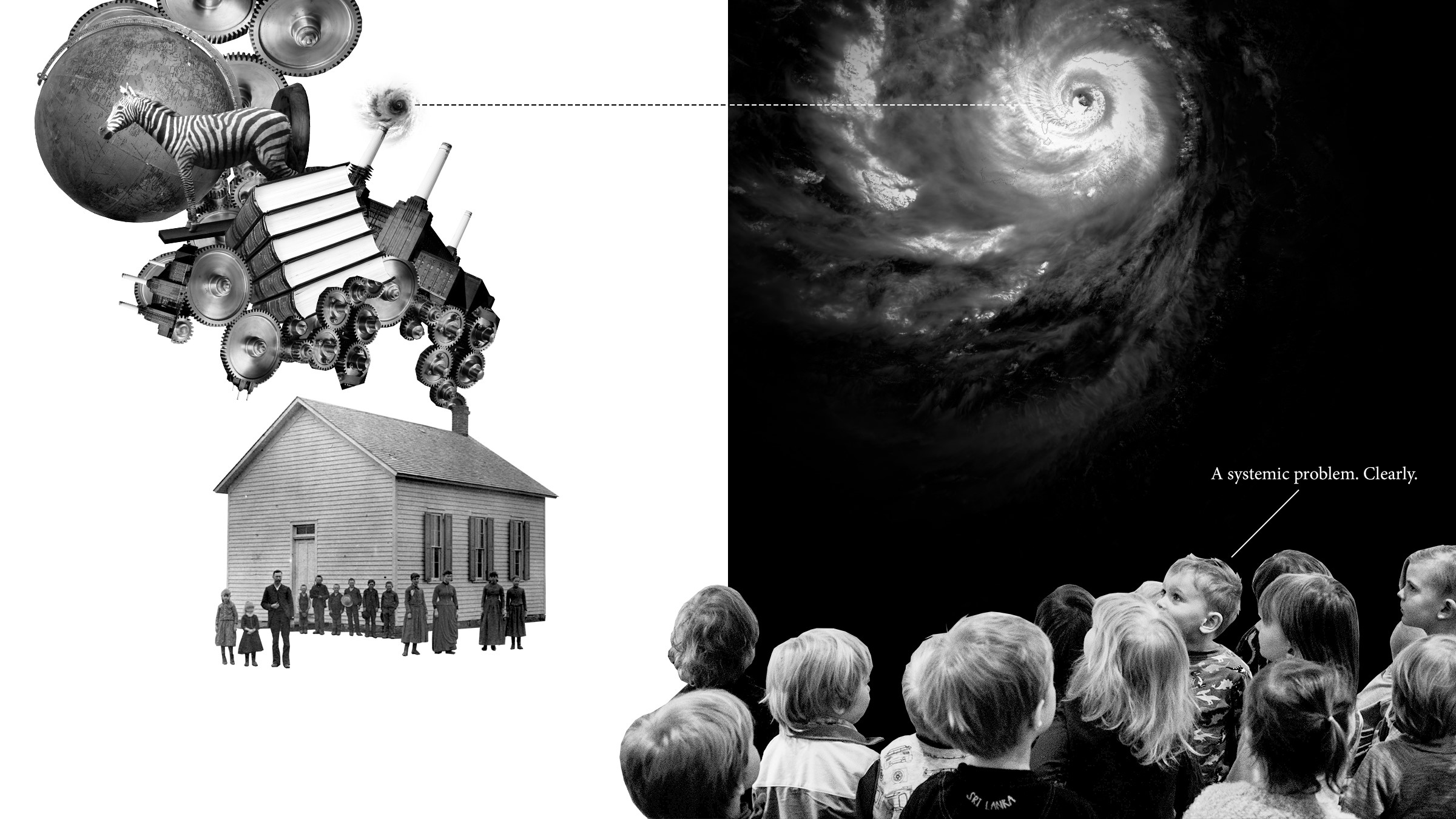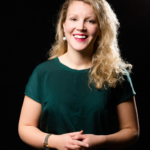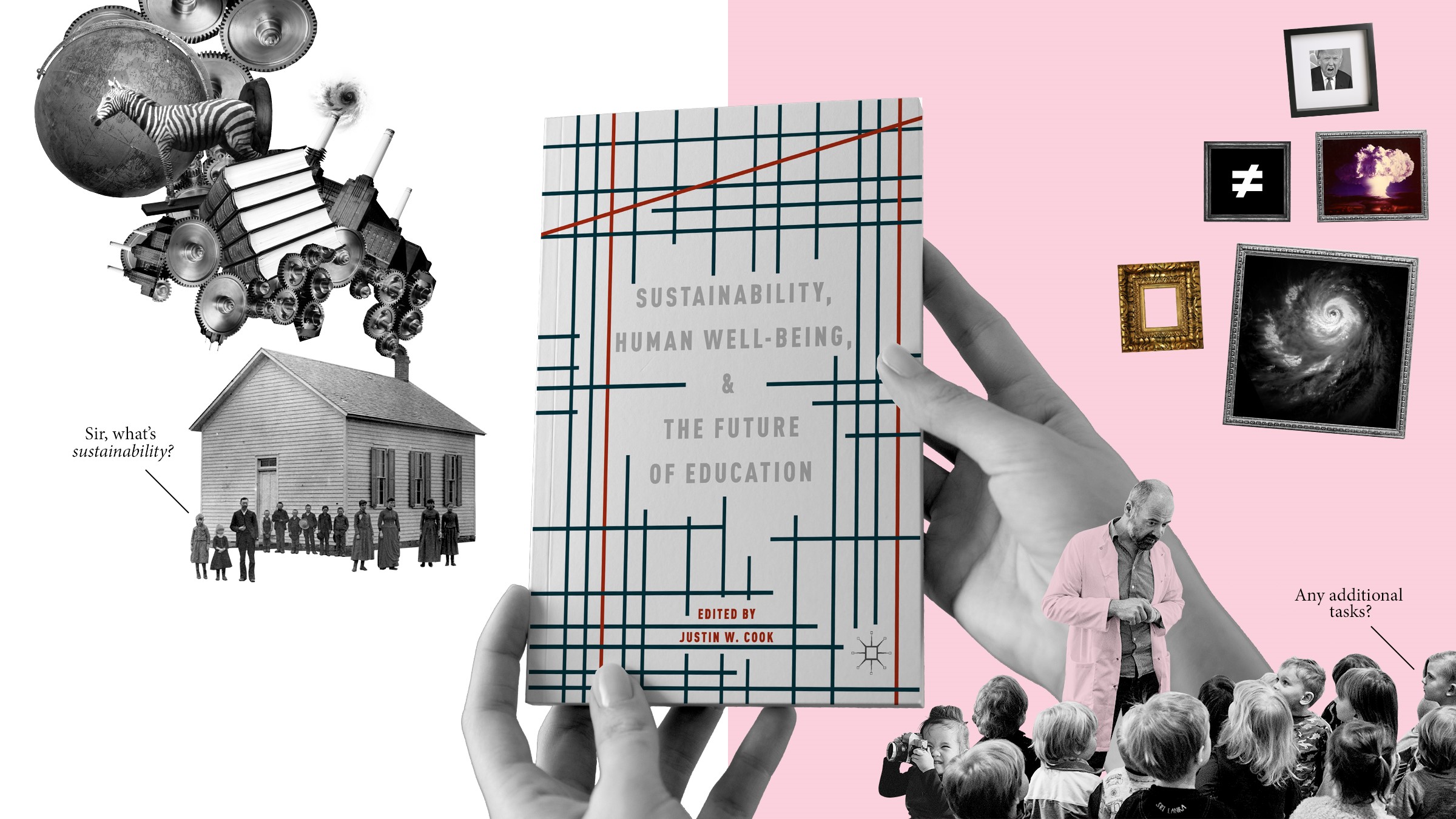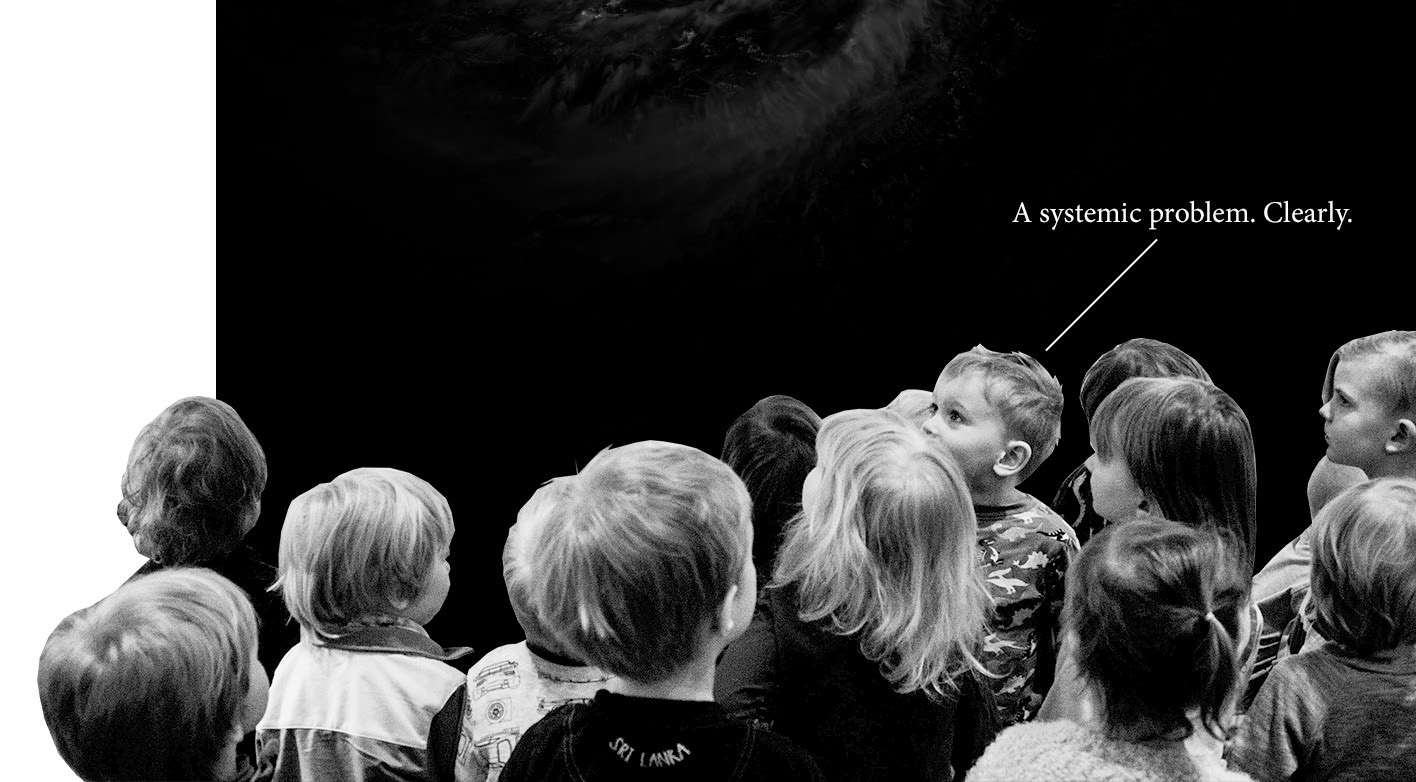What is the purpose of school as an institution? This is one of the questions that an international group of researchers aim at answering in Sustainability, human well-being and the future of education – a book brought together by the Finnish Innovation Fund Sitra and published by Palgrave Macmillan.
This open access book explores the key dimensions of a future education system designed to enable individuals, schools, and communities to achieve the twin twenty-first century challenges of sustainability and human well-being
A group of 15 Finnish and North American thinkers call for a radical redefinition of the aim of our schools: Transition to a sustainable future should be made the objective of the entire education system.
Skills for tackling wicked problems
For much of the twentieth century, Western education systems prepared students to enter the workforce, contribute to society and succeed in relatively predictable contexts. Today, people are at the controls of the planet—making decisions that are dramatically reshaping environmental, social and economic systems at a global scale. What is education’s purpose in this new reality? What and how must we learn now?
The greatest challenges facing our society – climate change, increasing social inequality and the transformation of work – are by nature complex. Our school system should therefore aim at deep learning that will change our world view and teach the talents, skills and attitude required to tackle them.
“When there is a lot of information, also mutually conflicting information, those who can synthesise, or pick what is essential and combine information, will be most successful,” says Justin W. Cook, the editor of the book.
The important future skills in addition to creativity, critical thinking and communication and working together include empathy and flexibility. The enthusiasm to constantly update one’s competence will also play an important role.
“We as human beings are capable of accumulating knowledge throughout our lives. We have common global problems of which the solution cannot wait and that require the input of us all. If we want to build a more sustainable world, we need a capable education system more than ever. It means that the school must also dare to change”, says Paula Laine, Director of Foresight, insight and strategy at Sitra.
Publication details
Sustainability, Human Well-being and the Future of Education
ISBN 978-3-319-78580-6
Edited by: Cook, Justin W
Publisher: Palgrave Macmillan 2018
Download the free eBook or purchase the book online
See our summary of findings in the slideshow below.




Recommended
Read up!